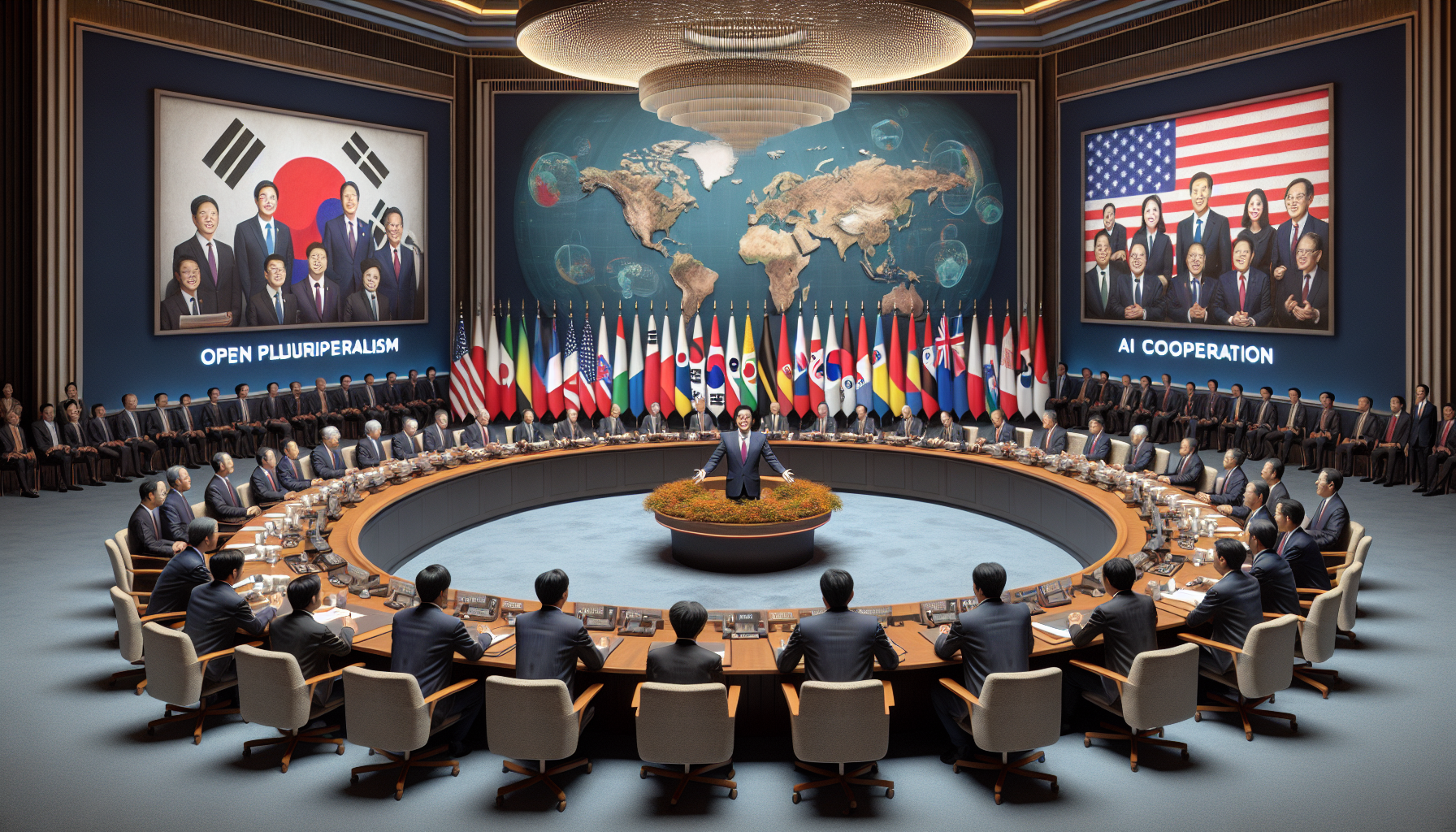South Korea's Trade Minister Yeo Han-koo emphasized open plurilateralism and AI cooperation at the APEC Ministerial Meeting in Gyeongju on October 30 amid global economic shifts. Foreign Minister Cho Hyun urged partners to keep the Asia-Pacific region 'open and connected' to jointly address economic and geopolitical challenges. The meeting serves as a final preparation for the leaders' summit on November 1 and 2.
The APEC Ministerial Meeting (AMM) in Gyeongju brought together foreign and trade ministers from 21 member economies to discuss global trade instability and supply chain concerns. In his opening remarks, Trade Minister Yeo Han-koo noted that "APEC accounts for 61 percent of the global gross domestic product, 49 percent of world trade, serving as the world's leading production hub and a vital node in global supply chains." He added, "Amid profound shifts in the global economy, there is no better time than now to rekindle the spirit of openness and cooperation."
Yeo outlined three strategic directions for APEC: open plurilateralism, AI cooperation, and clean energy transition. "Korea's commitment to a rules-based multilateral trading system centered on the World Trade Organization remains unwavering," he said, while stressing the need for flexible mechanisms to adapt to change. On AI, he referenced Korea's "AI for Trade" initiative proposed in May and plans for an AI for supply chains project next year. For energy, he highlighted the launch of the new Ministry of Climate, Energy and Environment and RE100 industrial complexes as steps toward carbon neutrality, calling it a "new growth engine" and "foundation of sustainable prosperity."
Foreign Minister Cho Hyun, co-chairing the meeting, urged, "Economic uncertainty, geopolitical tension, climate disruption and demographic shifts are testing both our resilience and our resolve." He called to "reaffirm APEC's enduring purpose: to keep our region open, connected and forward-looking for the prosperity of all our people." Cho placed AI and demographic changes at the agenda's heart, stating, "We have begun charting new frontiers of cooperation, linking innovation with inclusion, and progress with purpose."
The two-day session features discussions on digital cooperation for co-prosperity and strengthening supply chains with new technologies. It aims for a ministerial joint statement and the Gyeongju Declaration by consensus for the leaders' summit. Amid U.S.-China tensions, including China's rare earth export controls and U.S. threats of 100 percent tariffs, consensus on WTO-centered multilateralism remains uncertain, though recent declarations since 2021 have reaffirmed it. Other topics include a digital transformation roadmap, food and energy security, and social protection policies.
Yeo stressed, "We face economic uncertainty, fragmented supply chains and an escalating climate crisis, but we must not let these divide us."

